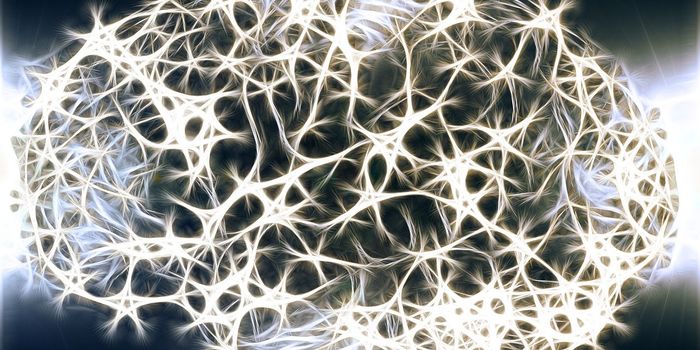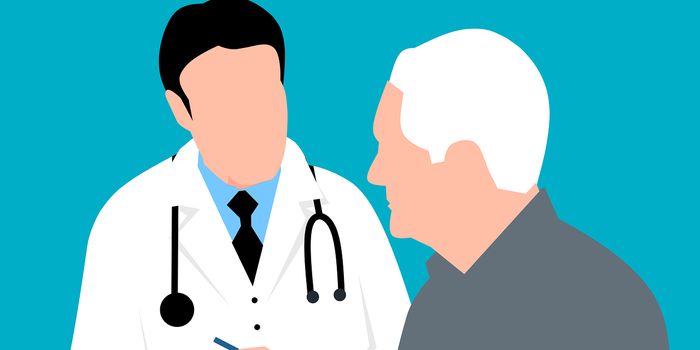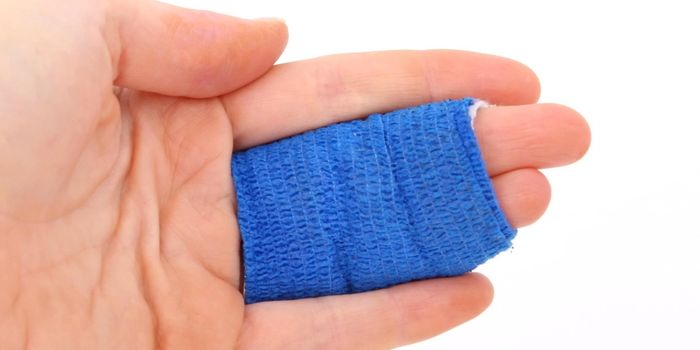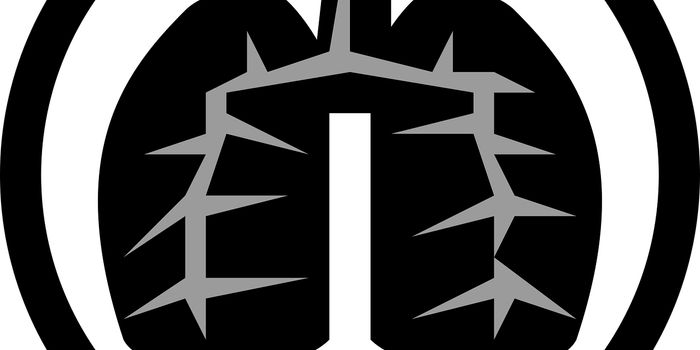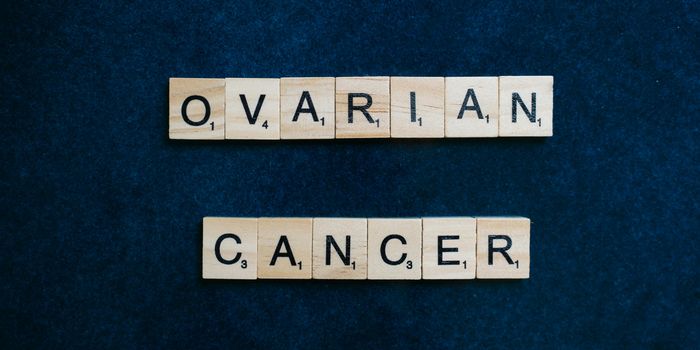Drug Could Give Months Back to Pancreatic Cancer Patients
Pancreatic cancer is a ruthless killer - about three-quarters of patients don’t make it past the one-year mark from diagnosis. But a new drug could give some precious months back to patients fighting this disease.
In a Phase 2 randomized clinical trial led by researchers at the Fred Hutchinson Cancer Research Center, an experimental drug called PEGPH20 seemed to make pancreatic cancer more vulnerable to chemotherapy treatments.
The drug targets molecules known as hyaluronic acid (HA), which have a high affinity for water. In pancreatic cancer, HA molecules enable the tumor to build up high internal pressure, which forces nearby blood vessels to shut down. This mechanism prevents cancer-fighting drugs to reach the heart of the tumor, contributing to the disease’s dismal prognosis.
But HA molecules are broken down in presence of PEGPH20, which researchers hypothesized would make pancreatic tumors vulnerable to chemotherapy. Indeed, mouse studies with PEGPH20 supported this hypothesis, as mice treated with the drug had tumor shrinkage and increased survival time.
The current trial involved 234 late-stage pancreatic cancer patients who were randomized to receive chemotherapy in conjunction with PEGPH20 or chemotherapy alone. When researchers analyzed survival time in this large group, they reported minor increases of several weeks of progression-free survival.
"If this was all the potential that this strategy represented, I wouldn't pursue this [research further]," said Sunil Hingorani, the lead investigator of the trial. "That's not enough for me."
But remarkable results happened when the team separated cancers based on HA levels. Indeed, patients whose tumors were high in HA responded more to PEGPH20. This resulted in more significant tumor shrinkage, and an increase in four months of progression-free survival. And four months is quite impressive considering the speed at which pancreatic cancer kills.
The results are promising enough to warrant proceeding to Phase 3. "We still haven't fully proven anything yet, strictly speaking, but I think [this strategy] is very rational," said Hingorani. "Let me put it this way: I think it would be irresponsible not to finish the global Phase 3 trial as the most rigorous test of this hypothesis. I think we're obligated now to answer the question."
Because the drug seems to work best in tumors high in HA, only patients whose tumors meet this criteria will be eligible for Phase 3 testing. If results of Phase 3 are as promising, the drug could be up for FDA approval in the future.
"Patients get one shot on goal, if that, with this cancer," he said. "No cancer is more daunting than pancreas cancer."
Additional source: Fred Hutchinson Cancer Research Center via EurekAlert!


